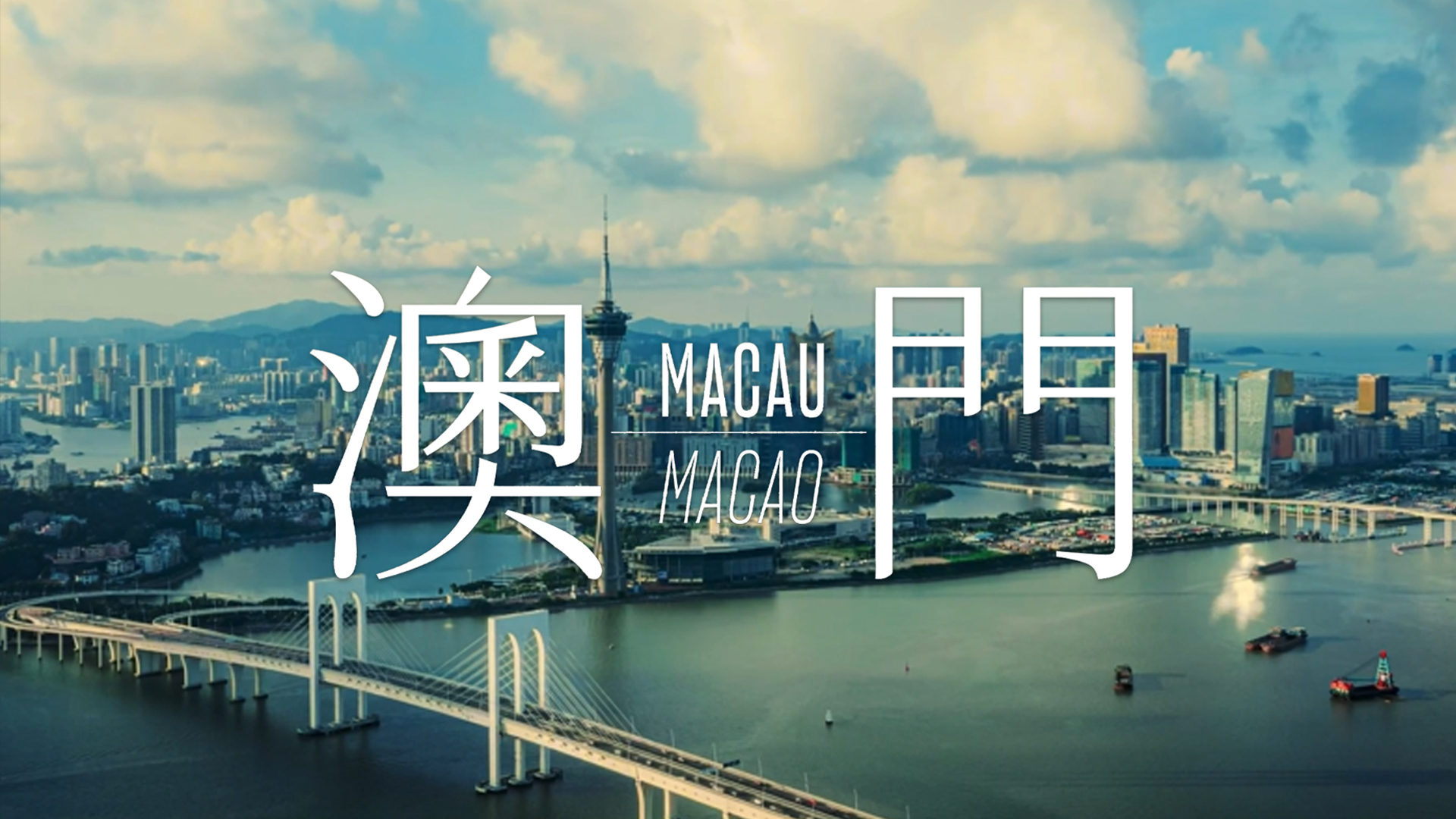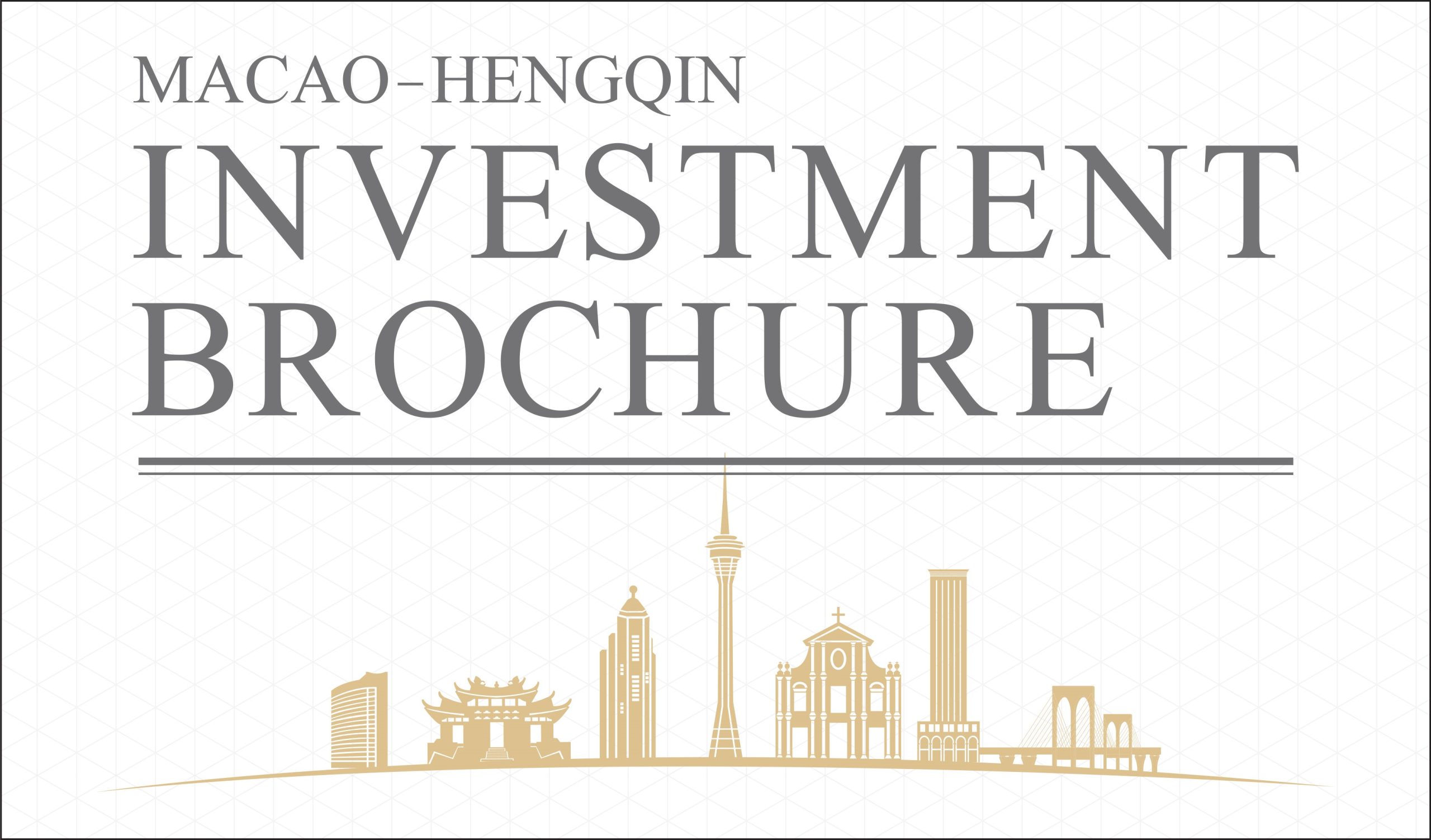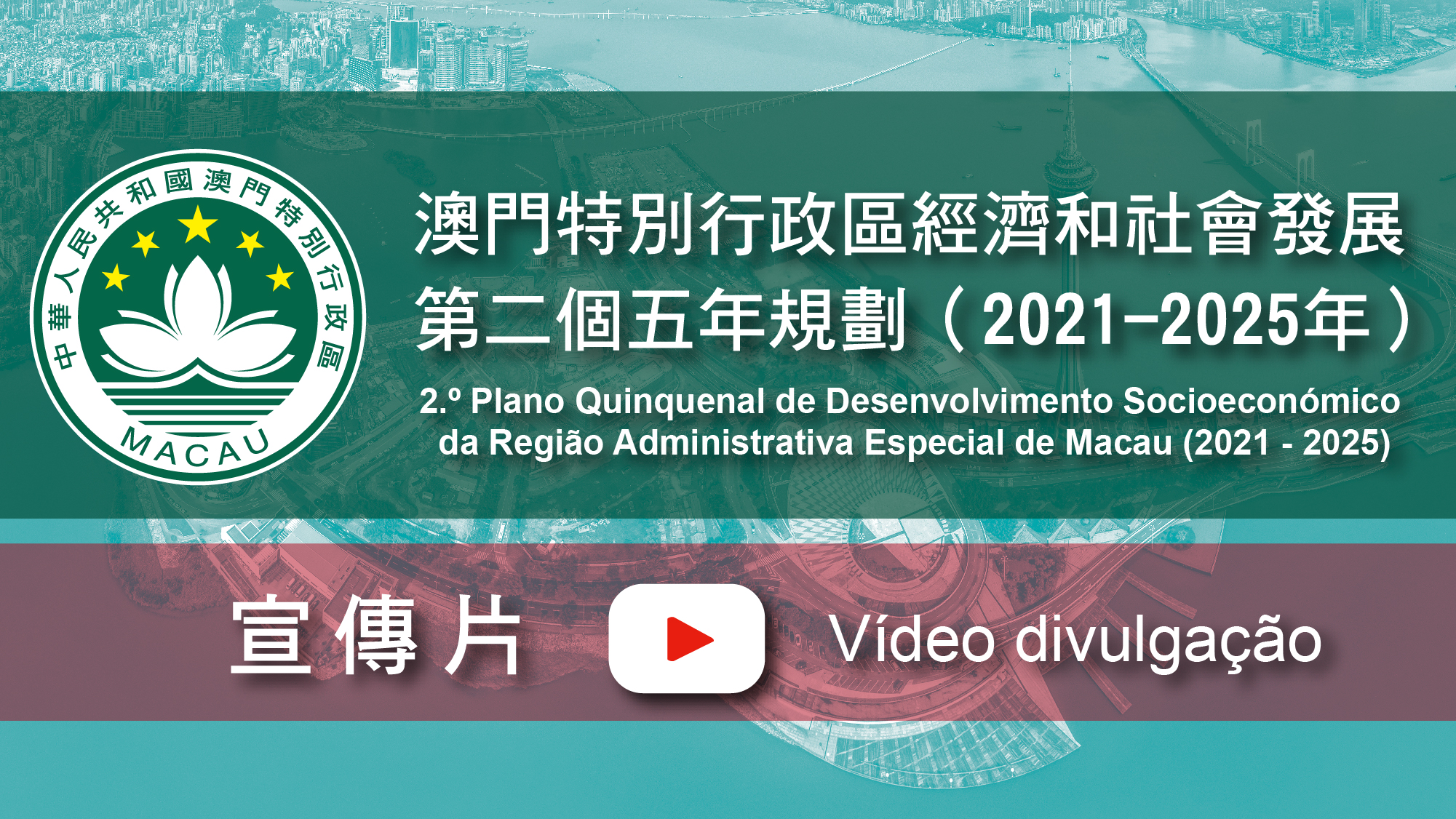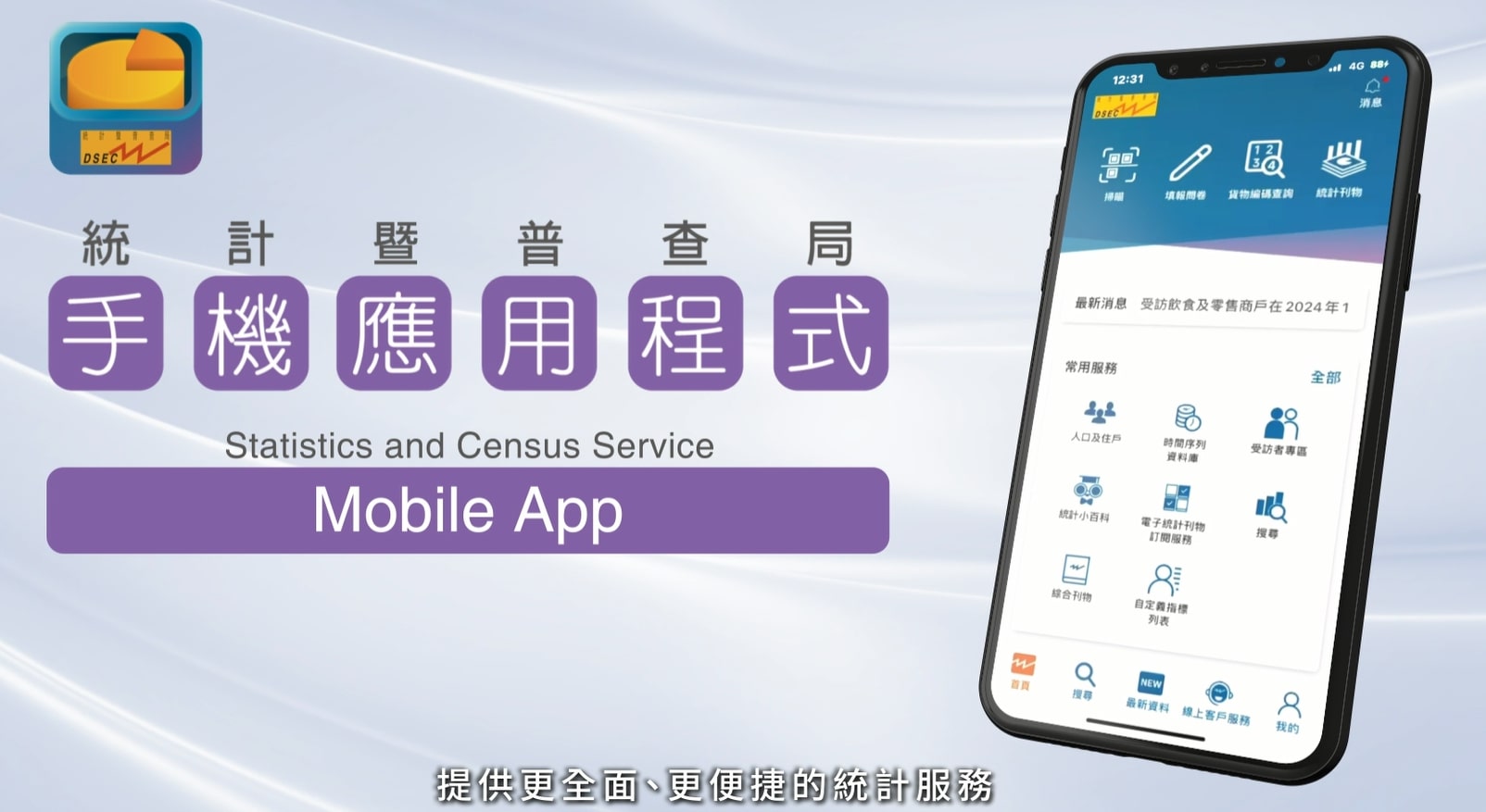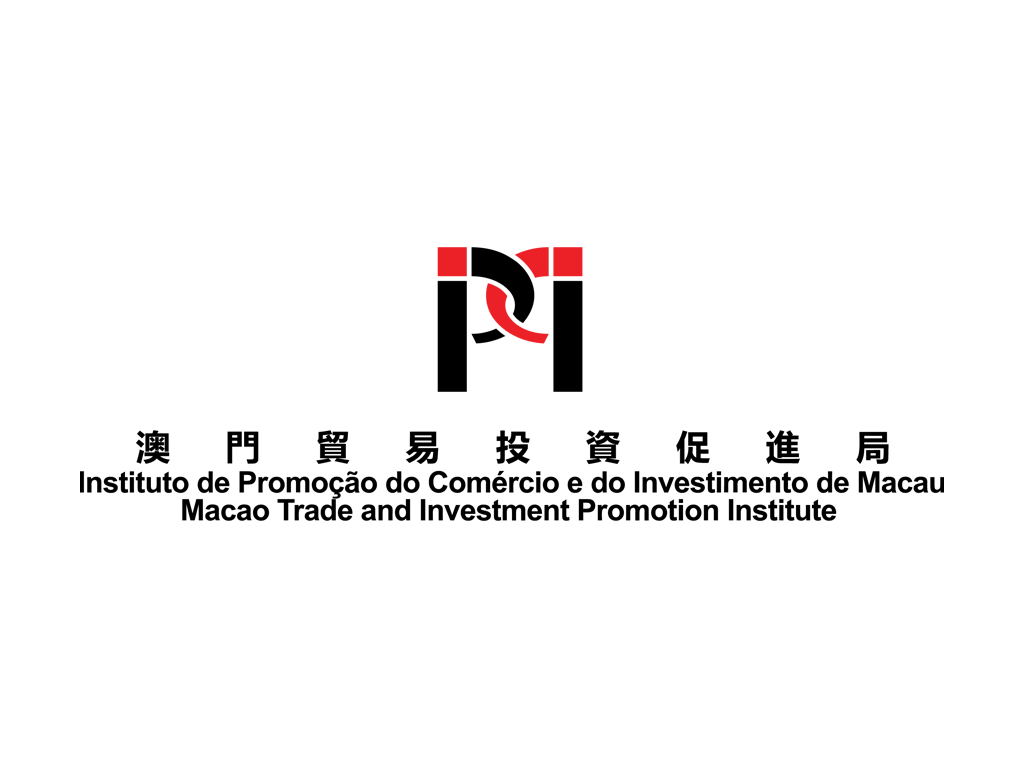Search Issues
Zhuhai hosts promotional event ‘Investing in Macao’, aimed at facilitating Macao’s moderate economic diversification
The Zhuhai Municipal Bureau of Commerce hosted on the afternoon of 10 September a promotional event called “Investing in Macao”. It was co-organised by Zhu Kuan Group Company Limited and by the Zhuhai-Macao Business and Trade Co-operation Platform. It aimed to encourage enterprises to enter the Macao market and stimulate Macao’s economic diversification. The event attracted nearly 300 governmental representatives and entrepreneurs from Zhuhai, Zhongshan, Macao and other cities within the Greater Bay Area.
The event, themed “Investing in Macao”, was strongly supported by the Department of Commerce of Guangdong Province; the Macao Trade and Investment Promotion Institute (IPIM); the Monetary Authority of Macao (AMCM); the Faculty of Law of the University of Macau; and other governmental departments, universities and colleges. The keynote speakers shared comprehensive analyses and insights regarding Guangdong’s foreign investment policy. The speakers also discussed the overall investment environment of Macao, its financial investment environment and the development of Macao’s featured finance sector. Participants also looked into topics related to laws and regulations covering business investment in Macao. The event additionally provided guidance and support services on cross-boundary business development, for enterprises and investors from the Greater Bay Area.
During one of the presentation sessions, a representative from the Department of Commerce of Guangdong Province gave an introduction on the province’s policies for supporting corporate foreign investment. As an important “door to the world” for China, the implementation of the “going out” investment strategy not only met the development needs of local enterprises, but was also an inevitable measure for Guangdong’s economy to conform to global economic development, it was stated.
Mr Joe Chan, Senior Manager of Investor Service Department of IPIM gave at the event a detailed introduction on Macao’s investment environment. He highlighted the city’s overall strategic positioning, its open market economy, good transport network, unique culture, and emphasis on the development of emerging industries.
Ms Henrietta Lau, Deputy Director of the AMCM also delivered a speech at the event, giving an introduction to participants regarding the development of Macao’s financial sector, its financial investment environment, and development of featured finance. The presentation also covered the background, development and goals of Macao’s positioning as a renminbi-clearing centre for trade between China and Portuguese-speaking Countries. The presentation enabled participants to understand fully Macao’s role as a Financial Service Platform between China and Portuguese-speaking Countries, and to know more about the city’s ability to provide comprehensive and distinctive financial services for enterprises and investors from the Greater Bay Area, helping them in “going out”.
Ms Lei Weng U, a scholar at the University of Macau’s Faculty of Law, delivered a comprehensive presentation on aspects related to laws and regulations covering share transfer, trademark registration, and industrial and commercial taxation in Macao.
The event led to in-depth discussions between participants and benefited all in the audience. The participants stated that, based on the exchanges held – and taking into account the support and services provided by the Zhuhai-Macao Business and Trade Co-operation Platform – entrepreneurs and investors looking to develop their businesses within the Greater Bay Area were able to have a better understanding of the business environment in Macao. In addition, they also reported becoming more confident about exploring opportunities and investment in Macao.
A number of enterprises signed agreements at the event to join the Zhuhai-Macao Business and Trade Co-operation Platform, in order to jointly explore cross-boundary business opportunities.
Provincial Statistics Bureau report shows international trade in Guangdong has skyrocketed by 5,680 times, between 1962 and 2018
Foreign trade in Guangdong province has greatly benefited from China’s reform and opening up policies, developing rapidly and providing important support to the country’s economic development. So shows a report by the Guangdong Bureau of Statistics, released on 1 September.
From 1962 to 2018, Guangdong’s annual international trade value recorded a growth of 5,680 times, increasing from US$191 million to US$1.085103 trillion, an average annual growth rate of 16.7 percent.
Since 2016, Guangdong’s annual total general trade export value has surpassed that for processing trade exports. In 2018, general trade imports and exports accounted for 47.1 percent of the province’s total foreign-trade value, 10.5 percentage points more than for processing trade. According to data from China’s General Administration of Customs, Guangdong’s cross-border trade in e-commerce was ranked first by value in the country.
Since 1986 – for a total of 33 consecutive years – Guangdong has been ranked number one in China in terms of foreign trade value.
Guangdong has opened 95 percent of its services sector to Hong Kong and Macao, building a new pattern for joint development of the Greater Bay Area
Overseas high-end talented professionals and urgently-needed talented professionals (including those from Hong Kong and Macao) who work in the Guangdong-Hong Kong-Macao Greater Bay Area (Greater Bay Area) can now enjoy policies regarding individual income tax similar to those in place in Hong Kong.
That is according to a notice by the Ministry of Finance and the State Taxation Administration regarding preferential individual income tax policies for the Greater Bay Area, promulgated in June 2019.
Based on the framework of the Closer Economic Partnership Arrangement (CEPA), Guangdong province has so far opened up a total of 153 service-sector segments to interested parties from Hong Kong and Macao; the figure accounts for 95.6 percent of the province’s services sector. Such opening up has followed the pre-establishment of national treatment commitments in the sense of adopting a negative-listing approach only for some segments.
Regarding the opening up of the financial sector, Hong Kong residents now are able to enjoy cross-boundary (i.e. setting up class II and III individual bank accounts in Mainland China) account-opening verification services in Hong Kong. In addition, the mobile payment system of China UnionPay Company Limited has become available in Hong Kong and Macao, while Hong Kong consumers can now also use Tencent Holdings Limited’s WeChat Pay mobile payment services to settle purchases made on Mainland China.
In the field of co-operation in legal services, Guangdong supports the joint operation of/and co-operation between, law firms in the Greater Bay Area. The provincial authorities have specifically formulated the “Measures for the Management of Associations Formed by Law Firms of the Hong Kong Special Administrative Region or the Macao Special Administrative Region and Mainland Law Firms”; they have also gradually relaxed the restrictions on employee requirements and the scope of businesses allowed. Up to now, 11 joint operations involving law firms from Guangdong, Hong Kong and Macao have been established in the China (Guangdong) Pilot Free Trade Zone.
Breakthroughs also have been made in mutual recognition of professional qualifications and industry standards; professional qualifications related to architecture practices, and five other areas, now enjoy mutual recognition within the Greater Bay Area. Qianhai and Hengqin are piloting the development of construction projects in Guangdong using Hong Kong standards: this has removed the barriers that previously limited the potential for participation of Hong Kong entities in these kinds of project. A total of six pilot projects are under way, involving a total of 137 construction-sector professional institutions from Hong Kong.
Customs clearance has also become more convenient. For example, Hengqin and Macao are exploring the development of a joint boundary clearance system. In addition, a total of 2,500 Macao-registered motor vehicles can enjoy ease of travel between Macao and Hengqin under a special cross-boundary scheme. The scope of mutual recognition of Guangdong-Hong Kong customs-related inspection and testing results also continues to broaden, while port inspection times have been shortened to fewer than three hours.
In addition, the (Guangdong) Pilot Free Trade Zone has taken the lead in implementing a policy of exempting residents from either Taiwan, or Hong Kong or Macao from having to apply for an employment permit to work in the zone. This has created a supporting environment for Hong Kong and Macao young people to start businesses and invest in innovation-related projects in Mainland China. Currently, more than 900 start-ups – making use of various innovation and entrepreneurship platforms – have been established in the free trade zone, including more than 480 from Hong Kong, Macao, Taiwan and from overseas.



